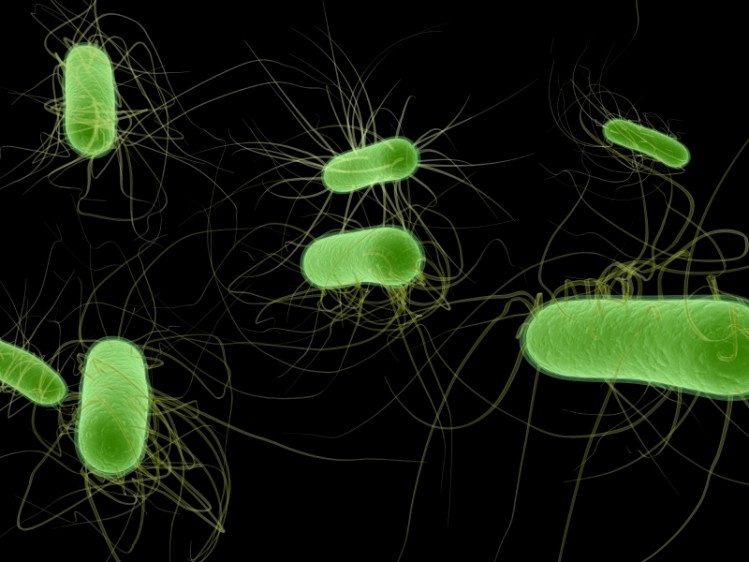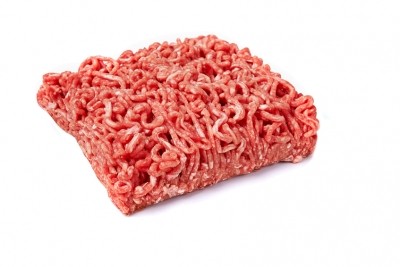Six more ill in Swedish E. coli outbreak

They fell ill in February and March of the same enterohemorrhagic E. coli (EHEC) variant that sickened 20 people with a link to minced meat from September 2016.
The six people in three different parts of the country became ill from E. coli O157 and, like the 20 people previously ill, had eaten beef.
Frozen products to blame
Authorities suspect the cases in 2017 ate frozen products from the former incident.
The same EHEC type has been identified at farm level and in food items.
In company testing the same profile of EHEC was detected in a batch of frozen hamburgers but these are not sold to consumers.
It is believed the incident was caused by a problem at slaughter and meat was then sent to four meat cutting plants.
Cases were connected using whole genome sequencing (WGS).
Four of the 26 have been affected by hemolytic uremic syndrome (HUS), a type of kidney failure.
There is no significant difference by gender but 12 cases are children under 12 years.
Traceback investigation
Local agencies are investigating with Livsmedelsverket (National Food Agency), Statens veterinärmedicinska anstalt (SVA), Jordbruksverket (Agriculture Department) and Folkhälsomyndigheten (Public Health Agency).
Livsmedelsverket with Jordbruksverket traced suspected food through the chain to farm level.
Folkhälsomyndigheten and SVA found it was the same variant of O157 in sick people as at the farm during sampling.
Livestock owners received hygiene advice, guidelines and recommendations from Jordbruksverket to get rid of the infection.
Mitigation measures included slaughter at the end of the day and at a slower pace.
The incident had been declared over at the beginning of the year.
The outbreak investigation has been closed again but work continues at farm level looking at ways to go back to the normal process including sampling before slaughter.
EHEC in cattle is not unusual, which is why cleanliness is important when dealing with ground meat as is washing hands when visiting farms.


















